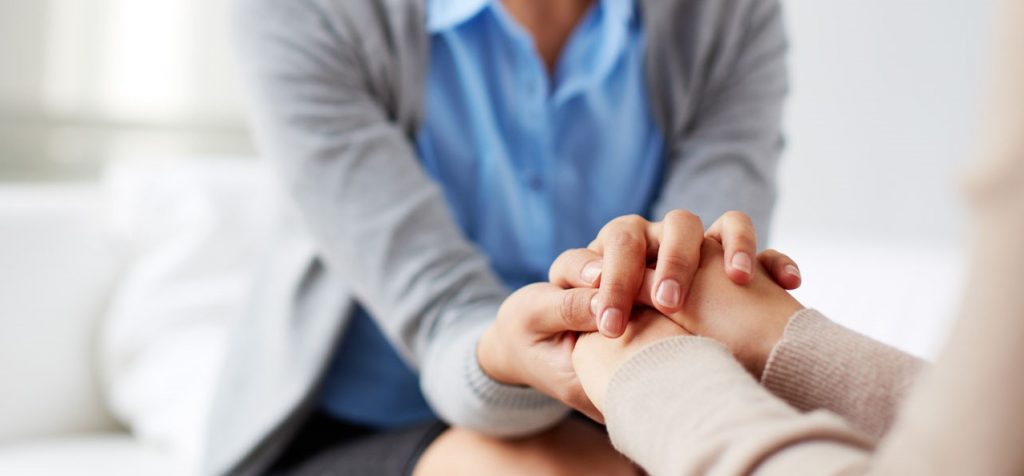COVID-19 has transformed our social, political and physical landscape. The uncertainty that dominates our daily decisions (from greeting friends and buying groceries to keeping your business afloat) affects our mental wellness. You might also have loved ones who are struggling with or have passed because of the disease. Furthermore, social injustice and the resulting socio-political tension within our country impacts people of color and those invested in the cause. If you live in 2020, you have likely had symptoms similar to (if not aligned with) culture shock and grief.
So what can we do? Below are some tips and student resources for maintaining mental health in a time of national and global crisis.
Be kind to yourself
You are going through a lot right now. Take the time right now to acknowledge this. Close your eyes and take a deep breath in; internally count to three, and then breath out. Vocally acknowledge how you’re feeling: “I am going through a lot right now. This is hard. But I am trying. All I can do is the best that I can. Right now, amidst this [emotion or state], I am enough.” You can use whatever words you prefer; ultimately acknowledge how you feel and affirm yourself. Don’t compare your experience to anyone else’s at this moment. Feel free to repeat this exercise throughout the day or week.
A great way we can practice being kind to ourselves is by addressing our expectations. Most of our expectations for this year have been blown to smithereens, but we might still be setting high expectations for our day to day performance. We are surprised to have less energy and drive than we had before, leaving tasks unfinished or not started. This can lead to feelings of guilt, anxiety or sadness. Reevaluate the expectations you have for yourself right now and forgive yourself for unfulfilled goals. Adjust your expectations to fit with your current experience.
Stay connected with loved ones
Social distancing and poor mental health are a perfect recipe for isolation. It might feel like it takes extra effort to stay connected with your family and friends these days–and the truth is, it does. But that doesn’t diminish its value. Taking time to chat or hang out with loved ones can help boost your mental health.

If you’re feeling especially down, reach out to a friend and ask them to check in with you weekly. This can go two ways, if you’re able, take some time each week to check in with loved ones who come to mind.
Practice your spirituality
Research shows that believing and practicing religious beliefs has positive effects on mental health. Spiritual or religious involvement can give you a sense of community, ritual, structure and support. If you are part of a religious group, take time to connect with the group services (whether live-streamed or in-person) and the individuals of that community. Put prayer, meditation, spiritual readings or other spiritual doctrines in your daily or weekly routine.
Keep a journal
Racing thoughts, strong emotions and lack of focus may be a few of the things you are struggling with right now. Keeping a journal is a good way to take time to stop and breathe. Journaling can take many forms, many of which can be helpful to your mental health. Recounting your day, writing about a positive memory, creating a gratitude list, writing fiction or poetry or even writing down your worries to put them to rest on paper are a few ways.
Do a physical activity
Physical movement is important to our mental health, and being confined to our homes and computer desks further limits our chances for natural mobility. Get creative with your daily movement. Take a walk, play JustDance, do yoga, gardening or just run in place! Finding a staple activity or two to get moving each day will allow endorphins to pump through your body. Dedicated physical exercise can actually increase energy levels and alleviate stress symptoms over time
Do an act of kindness
One way to help alleviate anxiety is to extend a helping hand to someone else. If you aren’t in a position to do this, that is okay (refer to tip number one). However, helping raise someone else’s spirits might lift yours.
This act could be interpersonal (calling a family member who has been isolated), a form of charity (donate to a cause or write cards for people fighting coronavirus at your local hospital) or even choosing to do something more intentionally to benefit others (intentionally shopping at black-owned businesses, for example).

Utilize student resources
The primary student resource for COVID-19 or social injustice anxiety at Augusta University is Student Counseling and Psychological Services. Through this resource, you can receive free counseling throughout your education at AU.
SCAPS is also giving free wellness workshops each week via Microsoft Teams. These workshops happen every Monday, Tuesday, Wednesday and Thursday, including topics such as “Mind, Body, Spirit Anxiety Workshop” and “Take Charge of Your Emotions.” View the workshops and their descriptions by clicking here and scrolling down.
SCAPS also provides a list of resources for students of color to help cope with social injustice anxiety. This list includes recommended books, apps, websites, diversity inclusion campus resources and social justice resources.
You can make a counseling appointment or sign up for a wellness workshop today by calling SCAPS at 706-737-1471.
To learn more about mental wellness and SCAPS, listen to the latest episode of In the Wild where Lizy Humphrey, a licensed counselor from SCAPS, joins host Raysean Ricks to discuss navigating anxiety during these unpredictable times.
Listen to In the Wild now on Apple, Spotify, or Google Play.








